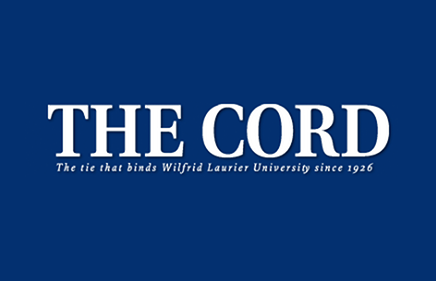Editorial: The race to the first COVID-19 vaccine

After nine months of COVID-19 spreading around the world, Russia claims it has achieved the unbelievable by developing a COVID-19 vaccine (called ”Sputnik V”) for civilian use. Earlier in August, Russian President Vladimir Putin announced their success in vaccine development and approval for production to begin by the end of the month.
However, this approval comes before more extensive testing and trials, leaving the World Health Organization (WHO) and the rest of the world apprehensive.
While Putin’s daughter volunteered to receive the vaccine, it is unknown, and unlikely, that Russia completed the mandatory three-staged clinical testing. Russia has only made Phase I results public. According to Russian media sources, the only available record, Russia started Phase II on July 13.
In early August, Russia announced their completion of clinical trials without specifying if all three phases were completed, or only Phase II was completed.
WHO officials say it could be a long time before we see a vaccine because clinical trials take months to complete. Therefore, WHO cautions against Russia’s vaccine and reminds vaccine developers and world leaders that safety overrules efficacy.
With their cryptic behaviour, Russia is likely cutting corners in the clinical trials and, subsequently, putting their population at risk of unknown side effects and spreading false hope to people across the globe.
Russia’s actions as the first country to approve a COVID-19 vaccine impacts people across the globe. With the vaccine’s long-term effects and outcomes still unknown, Russia could be setting itself and the world up for success or failure.
A failed vaccine would be an embarrassment for Russia, injecting the world with more COVID-19 paranoia and potentially resulting in fewer people getting vaccinated when a proper vaccine is approved.
With improper testing, COVID-19 could be internationally uncontrollable for years to come due to nations, such as Russia, fast-tracking a critical safety process so they can be ahead of others. By naming their vaccine ”Sputnik V,” Russia is alluding to the Soviet Union’s achievements of the world’s first satellite in space.
From Russia’s perspective, they were competing with the United States back in the 1950s and are still in competition with them today.
The U.S. and Russia have a long history of tension and distrust, which is impacting their behaviours in the present day. While the Russians have offered to share their vaccine and its information with the Americans, the U.S. government wants nothing to do with this underdeveloped vaccine, specifying that American vaccines go through rigorous Phase III testing and high standards.
While some U.S. pharmaceutical companies have suggested interest in the Russian vaccine process, Russia is advising the U.S. government to seriously consider their offer to save American lives. With the United States’ COVID-19 cases surpassing half a billion, the U.S. could receive flak for letting politics get in the way of American health and safety if Russia’s vaccine proves effective.
However, if the United States opens these discussions with Russia, they are surrendering their political dominance for either a successful vaccine or a faulty one, giving Russia an upper hand. Ultimately, Russia places itself in a powerful position over the U.S.
This rift between the US and Russia is an example of vaccine nationalism where countries are concerned with recovering on their own, versus giving and receiving help from other nations.
The problem with vaccine nationalism is that COVID-19 is not geographically contained, and if countries with high numbers lag on vaccine development, the virus will never weaken and only continue to disrupt the global supply chain. However, Russia is not the only case of vaccine nationalism.
In India, misinformation on COVID-19 spread like wildfire with the idea that drinking cow urine was a cure for the virus. Also, due to the religious divide between Hindus and Muslims, India claims that COVID-19 will disappear once a Hindu temple is constructed over the remnants of a mosque that was demolished by protestors in 1992.
Madagascar believes they created an herbal concoction ([COVID]-Organics) that can kill the virus, thus triggering national pride for African people. While the WHO has doubts about this remedy, the President of Madagascar says the WHO doesn’t want to admit a country like Madagascar has come up with the cure for COVID-19. This statement was used to create a fabricated quote that alluded to Madagascar leaving the WHO and encouraging other African countries to follow suit.
In Europe, vaccine nationalism is becoming a factor in the Brexit crisis. The United Kingdom has been using the idea of vaccine development as a factor in its nationalist ideology, claiming they will develop a vaccine without the European Union.
With the United Kingdom’s successes in Phase I of the Oxford vaccine trials and their plan to leave the European Union at the end of 2020, Europe could be in serious trouble due to its political divide.
Vaccine nationalism is dominating the world’s need for vaccine internationalism. Sharing vaccines or other tools can help the world recover together, allowing faster economic recovery so the damage from COVID-19 can be lessened.
There is, no doubt, a reputational boost to the country that develops the first effective medical solution to COVID-19. However, a national response to a globally-threatening virus should not be in the interests of one’s personal political agenda. This isn’t a childish debate over which one is better than the other; this is a global crisis we need to solve together.

